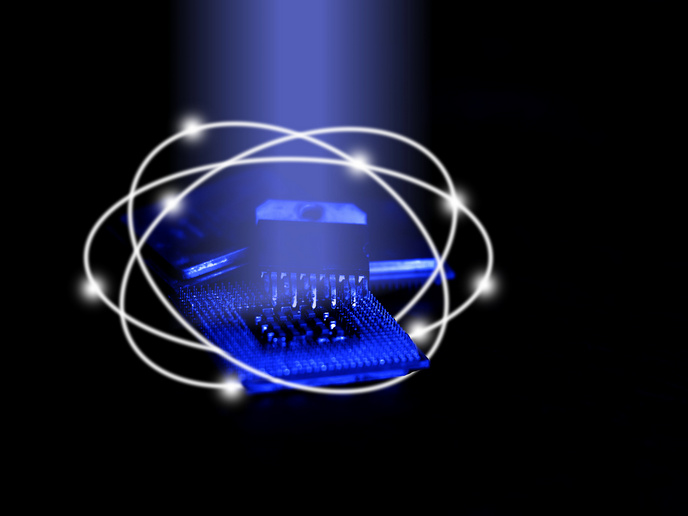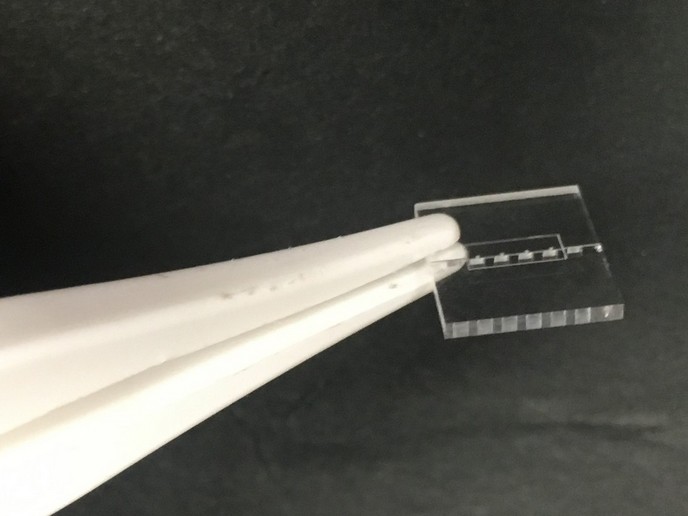Advancing spintronic applications
Conventional electronic devices rely on the transport of electrical charge carriers – electrons – in a semiconductor such as silicon. Spintronics is an emerging technology that takes advantage of the spin – rather than the charge – of electrons and their associated magnetic moment to transmit information. The spin orientation lasts longer making spintronic devices ideal for memory storage. Spintronics is seen as a field with great potential that could revolutionise the electronics industry, providing a viable alternative to silicon-based technology. To provide a platform for more efficient, ecological and cost-effective technologies, the EU funded the project ‘Organic-ferromagnetic hybrid interfaces for spintronic applications’ (Ofspin). It constituted an international effort seeking to understand and promote the use of organic semiconductors (OSCs). Project partners focused on developing interfaces in hybrid materials consisting of layers of inorganic ferromagnets intercalated with soft plastic materials, thereby preserving the most desirable properties of both sides of the interface. The ferromagnetic material had the potential to induce new magnetically active states in the OSC and modify the spin selection efficiency at these interfaces. Additionally, the project improved the quality of individual components of these hybrid nanomaterials and managed to fabricate hybrid inorganic/organic interfaces with superior transport properties. Ofspin have provided significant new knowledge of the fundamentals of spin transfer at hybrid interfaces and developed various innovative tools that could be used in the fields of spintronics and magnetoelectronics. Modification of hybrid inorganic/organic interfaces is expected to be instrumental in replacing silicon materials in the information and communication technologies (ICT) field.







